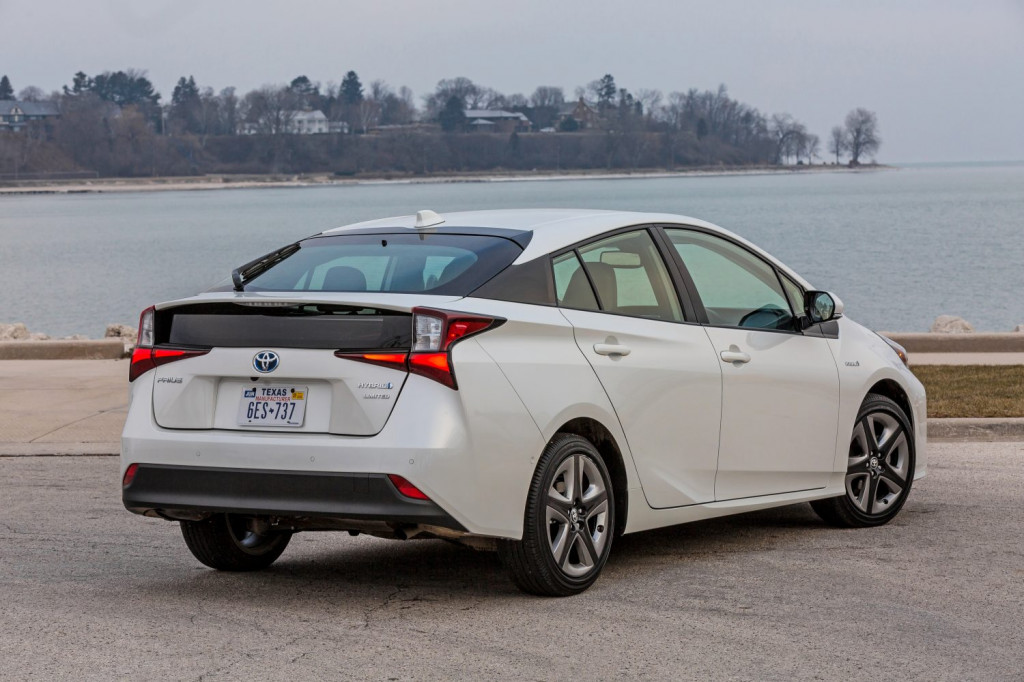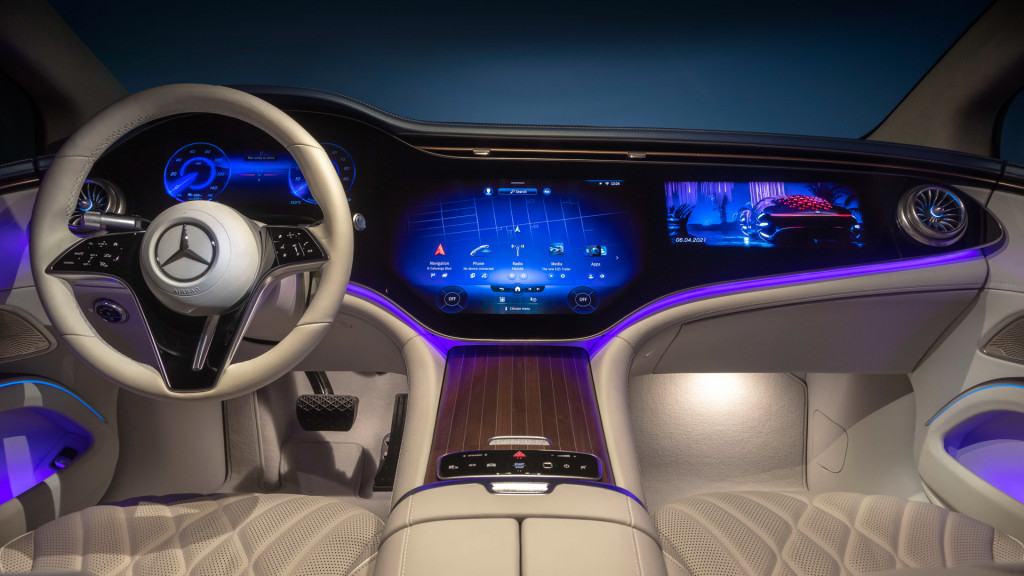Electric SUVs were the lowest-ranked category in the latest Consumer Reports reliability rankings, but hybrids and plug-in hybrids were the best.
While compact hybrids—including the Honda Insight and Toyota Prius—as well as plug-in hybrids topped the rankings with above average overall reliability, electric SUVs were ranked last, with an overall reliability rating of "below average," according to CR.

2020 Toyota Prius
Analysts attributed this to the extra technology features automakers have included in their electric SUVs, particularly luxury models. Owners often report more problems with "in-car electronics and power equipment" than powertrain components, CR noted.
Automakers do have a tendency to add more infotainment tech to EVs, which adds complexity and more potential for problems. And in CR's rankings, EVs with less complexity—like the Leaf—tended to do better.
This trend of enmeshing EVs and leading-edge interface tech continues, for instance, with Mercedes' choice to debut its Hyperscreen display in the EQS sedan.
2022 Mercedes-Benz EQS
CR broke down the rankings by brand, with Tesla next to last, ahead of only Lincoln. This isn't the first time CR has called out Tesla for poor reliability, however.
The organization had already singled out the Tesla Model Y as "much worse than average" in terms of reliability last year. Mostly, it has also found that the Model 3 leaves much to be desired in reliability, although Chinese-built Model 3s have ranked high by other standards.
The high rankings for hybrids and plug-in hybrids also line up with previous analysis.
CR previously found that hybrids and plug-in hybrids, paradoxically, cost less to maintain and repair than gasoline vehicles, and even undercut EVs after passing 100,000 miles. That's a surprise given their greater mechanical complexity.












